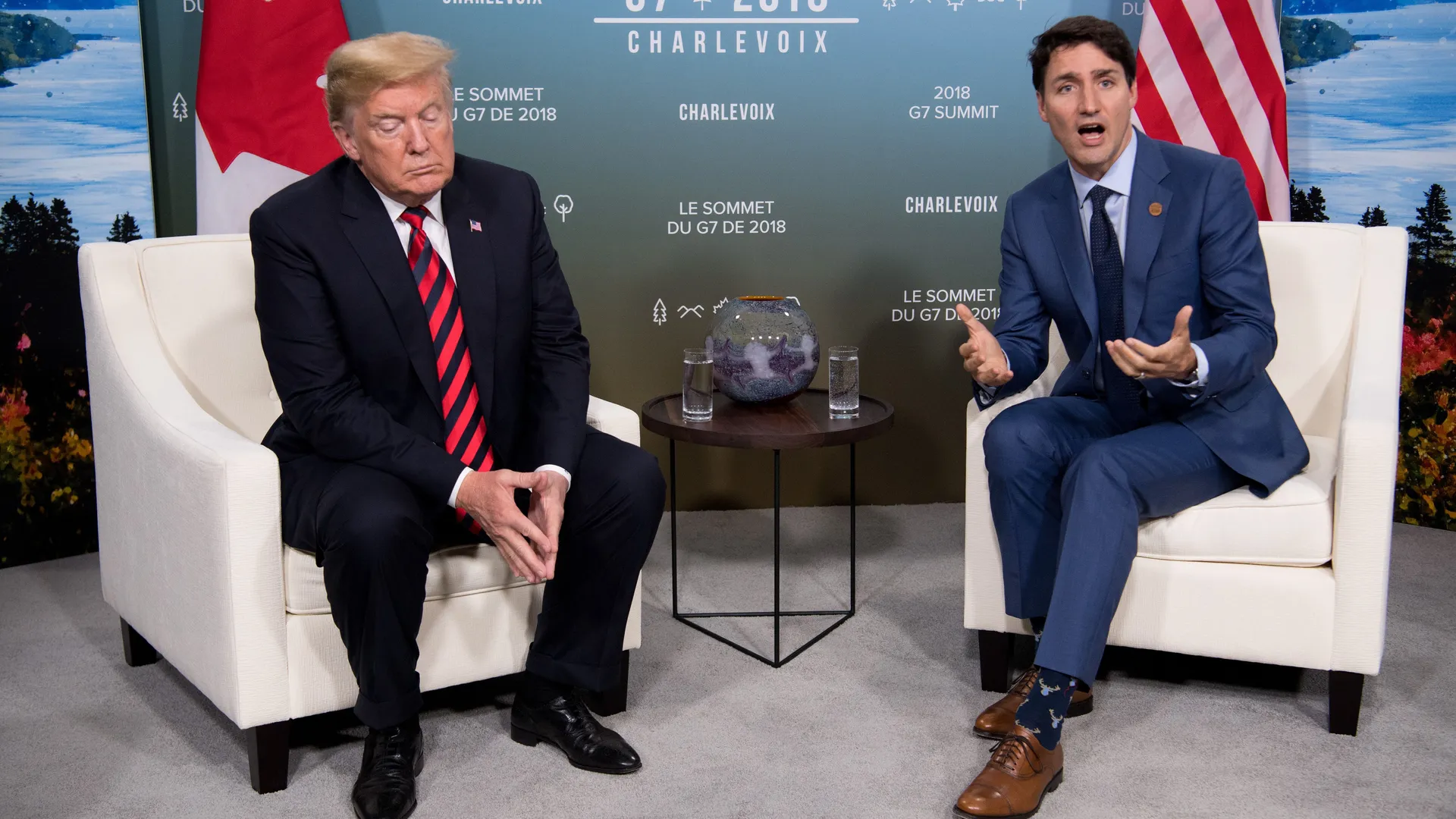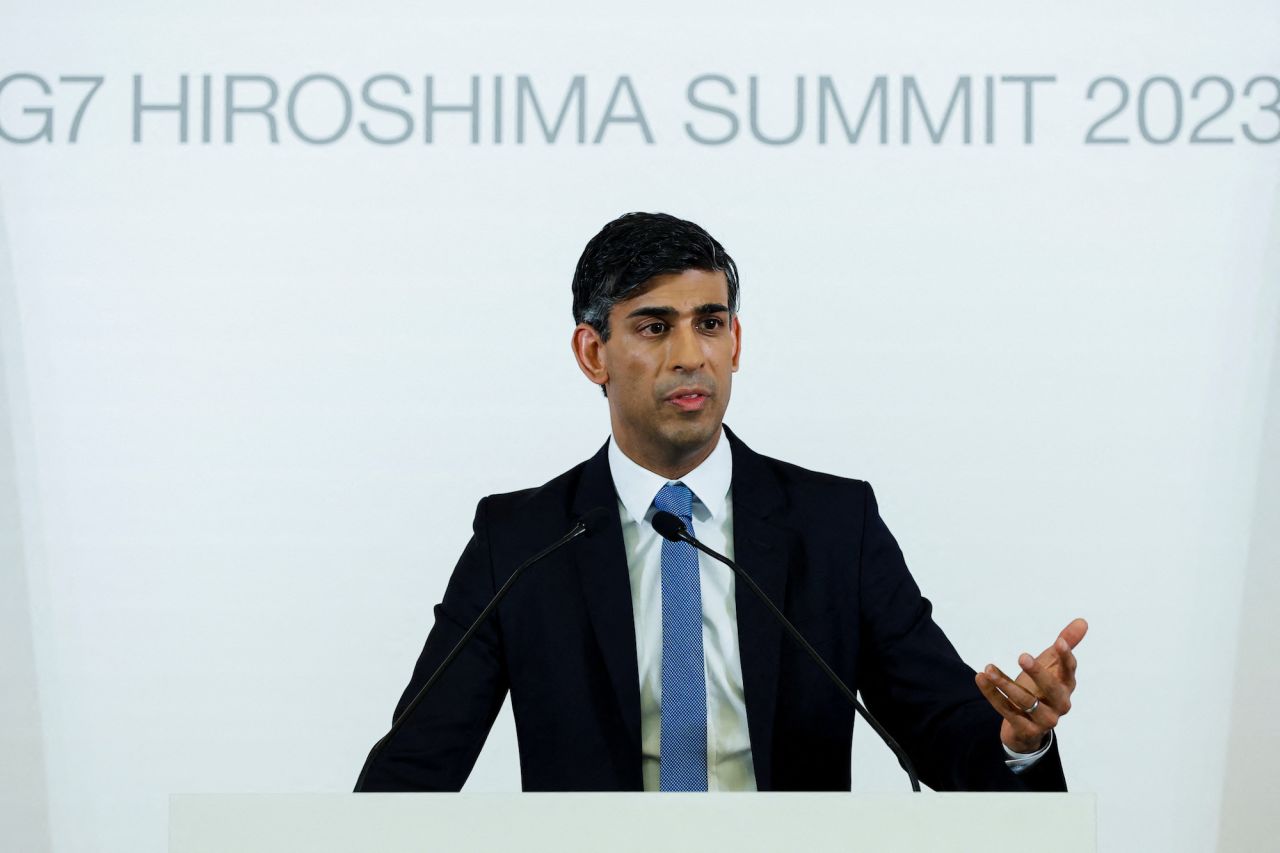The G7 nations have just thrown their collective weight behind a staggering concession that further entrenches corporate privilege in a world desperately seeking economic justice. By exempting the United States from a 15 percent minimum corporate tax rate, the G7 has signaled a retreat from progressive taxation in favor of appeasing corporate interests.
G7 Compromises Global Tax Justice
In a shocking turn of events, the G7"s agreement allows U.S. firms to operate without the constraints of a minimum tax, a cornerstone of a broader deal aimed at leveling the global playing field. The OECD had worked tirelessly to negotiate this deal, garnering support from 140 nations to create a fairer international tax system. Yet, the G7 members, notably Canada, Japan, and the UK, have decided to shield their own corporations from the repercussions of U.S. tax policy.
US Corporate Interests Drive Global Tax Policy
This exemption is no mere oversight; it represents a strategic maneuver to protect domestic firms from potential retaliatory tariffs threatened by the Trump administration. According to Reuters, Italian Finance Minister Giancarlo Giorgetti called it an "honorable compromise" that spares EU countries from the fallout of U.S. tax retaliation. This reveals how economic policy is being shaped by corporate interests rather than the needs of working people.

What they"re saying: The fallout from the Trump-Trudeau G7 spat
Impact on Global Wealth Inequality
The implications of this decision are far-reaching. By allowing the U.S. to dodge a critical tax reform, the G7 has reinforced the status quo that benefits the wealthy elite at the expense of average citizens and public services. This agreement offers a clear signal that economic justice remains secondary to corporate profits. As reported by the University of Chicago, the OECD agreement was designed to combat the race to the bottom in corporate taxation, but now it appears that the U.S. is leading that race.
Domestic Pressure and International Consequences
U.S. policymakers, facing domestic pressure to maintain foreign investment, have willingly sacrificed a chance for global tax reform. Treasury Secretary Scott Bessent’s call to drop the protective Section 899 measure illustrates a willingness to compromise principles for perceived economic stability. This concession is troubling; it showcases how U.S. interests can dictate global tax standards, undermining efforts to create equitable frameworks for all nations.

May 21, 2023 Russia-Ukraine war news | CNN
Critics Call Out the Hypocrisy of the Agreement
The backlash from public interest groups and tax justice advocates has been swift. Markus Meinzer from the Tax Justice Network has criticized the G7"s decision as a capitulation to U.S. demands, arguing that it undermines the entire purpose of the OECD agreement. His comments underscore a broader frustration with how powerful nations manipulate tax policies to their advantage while marginalizing less powerful countries. The EU"s tax commissioner, Wopke Hoekstra, expressed cautious optimism, but many see this as a hollow victory for fairness in taxation.
The G7"s agreement to exempt the U.S. from minimum tax rules is a direct affront to the principles of equity and justice that many have fought for in the international tax arena. It illustrates the ongoing struggle against wealth inequality and the need for a truly progressive tax system that holds corporations accountable.







![[Video] Gunfire between Iraqi security forces and Sadr militias in Baghdad](/_next/image?url=%2Fapi%2Fimage%2Fthumbnails%2Fthumbnail-1768343508874-4redb-thumbnail.jpg&w=3840&q=75)
